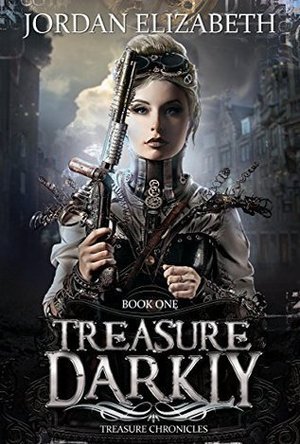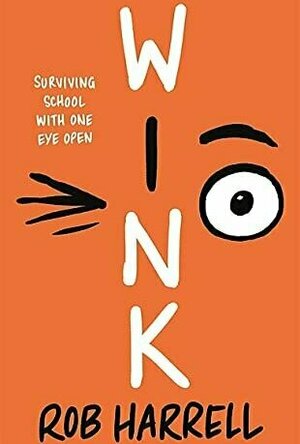Hazel (1853 KP) rated Treasure, Darkly in Books
Aug 16, 2019
On the Treasure ranch, Clark receives a warm welcome from his supposed father and step-mother, however, his half-brothers are not so keen on his arrival. His half-sister Amethyst, on the other hand, is an entirely different battle. Romance blossoms between the two siblings, which Clark has to fight... or perhaps there is a chance he is not really her brother?
Being on a Wanted list and coping with an illicit relationship is only part of Clark's troubles. The liquid he stole also allows him to see the dead and some of them have unfinished business, with which only Clark can help them. Full of adventure, danger, love and science fiction, Treasure, Darkly is a story packed with twists and turns. The characters evoke emotion in readers, causing us to either love or hate them but, ultimately, wish for Clark's success and safety.
Treasure Chronicles promises to be an exciting, engaging series for those who love fantasy, science fiction, romance and historical stories. With never a dull moment, Clark Treasure's plight will attract new and old readers of Jordan Elizabeth.
James Koppert (2698 KP) rated Wink in Books
Apr 6, 2020
"Its called Wink, a new young adult book"
"what is it about?"
"A kid who has cancer of the eye"
"Why would anyone want to read that? It sounds miserable"
"Actually it is meant to be funny".
And actually it is quite a hard sell at first, but, dear reader, this is neither tragically sad not over sentimental. It does get emotional and it does tug at your heart strings except that isn't what sells the book. Its the ease of reading, the loveable character and the huge amount of empathy the book is packed with, in places you wouldn't expect it.
Author Rob Harrell had this exceptionally rare cancer of the tear gland but, instead of writing about his experience, he used his experience and created a teenage boy called Ross and his friends and family and told his story instead. The result is a wonderful book, difficult to put down and very easy to read.
What make this so special, other than the brilliant orange cover, is how real and likeable the characters are. I grew attached to all of them and wanted to stay with them. It is an incredibly human book which is light hearted, honest and (strangely for cancer) fun journey filled with the power of music, friendship and hope.
Now can we have a separate story for Jimmy as well? I loved Jimmy. You will too. Oh and the book made me cry loads of times, in a nice way and isn't that what anyone wants? Art to resonate with you?
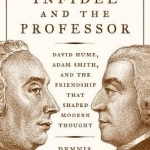
The Infidel and the Professor: David Hume, Adam Smith, and the Friendship That Shaped Modern Thought
Book
The story of the greatest of all philosophical friendships--and how it influenced modern thought...
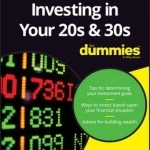
Investing in Your 20s & 30s For Dummies
Book
Investing in Your 20s & 30s For Dummies (9781119293415) was previously published as Investing in...
Children of the Prison Boom: Mass Incarceration and the Future of American Inequality
Sara Wakefield and Christopher Wildeman
Book
An unrelenting prison boom, marked by stark racial disparities, pulled a disproportionate number of...
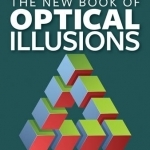
The New Book of Optical Illusions
Book
The New Book of Optical Illusions is a mind-bending collection of 150 of the most significant...
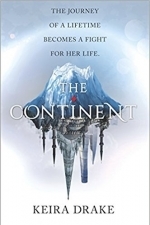
The Continent: The Continent Book 1
Book
"Have we really come so far, when a tour of the Continent is so desirable a thing? We've traded our...
science fiction fantasy young adult
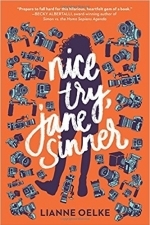
Nice Try, Jane Sinner
Book
"Jane Sinner snarked her way into my heart, and she's never leaving. Prepare to fall hard for this...
young adult

Tender:match adult fwb singles
Lifestyle and Social Networking
App
Tender, the most interesting chat software, through Tender, you can chat with young people around...
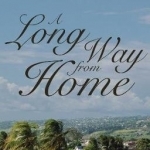
A Long Way from Home
Book
Growing up in Barbados in humble surroundings as a devout Christian, Una was the oldest of ten...
